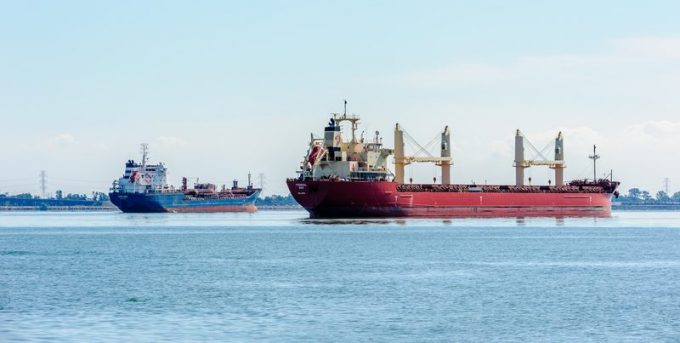ACS expands: an unstable market, but there's still a need for speed
Air Charter Service (ACS) is expanding its footprint: last month the UK-based air charter broker ...

Canada’s port of Hamilton is preparing for rising cargo traffic with the development of an intermodal satellite hub.
A strong rebound in the second half of last year lifted the annual cargo volume at the port to the level of 2019, reversing an earlier sharp drop ...
Predatory rivals circle as the ripples from DSV's Schenker buy widen
MSC Elsa crew face criminal probe, as Wan Hai 503 firefighters battle on
Latest Israeli attack on Iran a threat to box ships in Straits of Hormuz
DHL Express facilities in Canada forced to shut down by strike
Industry concerns rise after yet another box ship on fire off Indian coast
'It's driving us mad', say forwarders as US court fails to end tariff turmoil
European port congestion easing – for now
More legal trouble in India for MSC: feeder vessel detained after box ship disasters


Comment on this article